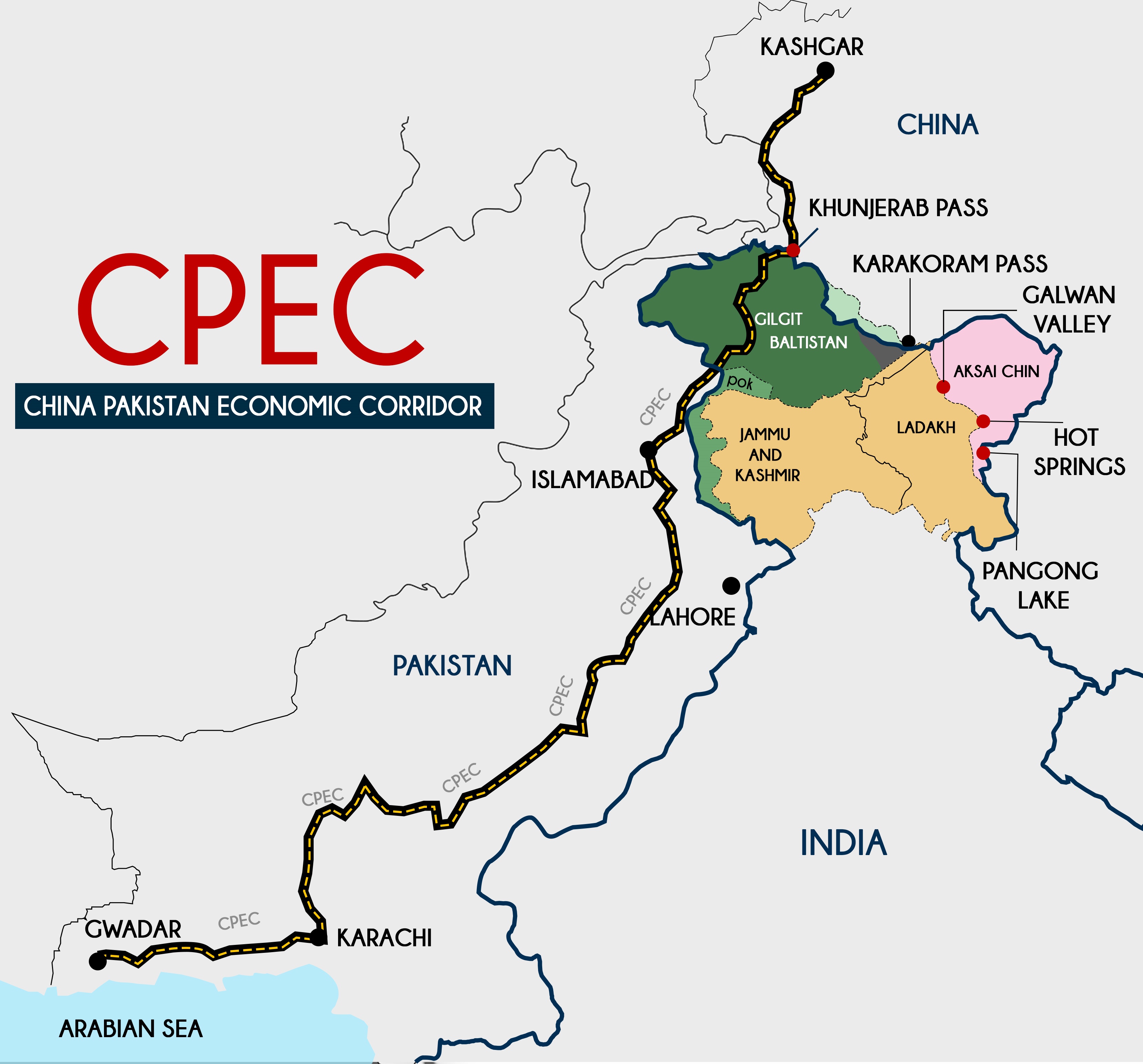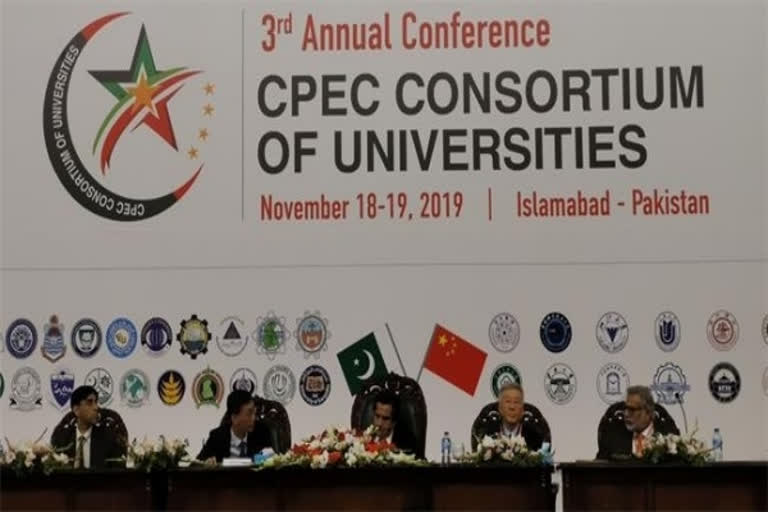Hyderabad: The idea of making Gilgit-Baltistan a full-fledged province of Pakistan has created a stir outside the region. The Gilgit-Baltistan diaspora sees it as a move to counter India’s decision to scrap Article 370 and Article 35A, which provided J&K with a special status within the constitution.
The issue came into limelight after the minister of Kashmir and Gilgit-Baltistan (GB) Affairs, Ali Amin Gandapur, revealed before reporters Pakistan’s intentions of changing the political position of Pakistan over Kashmir by making Gilgit Baltistan its fifth province. GB will have a representation in the national assembly of Pakistan after it is made its province unlike other parts of PoK. Elevation of Gilgit Baltistan to a provincial level is apparently meant to shut the voices of disgruntled old guards of the region who never wanted Gilgit Baltistan to be considered part of Jammu and Kashmir arguing that the region has its own political history independent of rest of Jammu and Kashmir. In fact, Gilgit Baltistan wasn’t part of the Treaty of Amritsar signed by Gulab Singh with British, it later became part of Jammu and Kashmir.
Then Gilgit Agency, the northern areas, would directly be administered by the British through a political agent to contain the influence of communism beyond its border. The GB leadership believed that the region was downgraded by clubbing it with Kashmir. The region on paper is part of Jammu and Kashmir but enjoys not much of autonomy like the rest of Pakistan occupied Kashmir.
Also read: How Pak altered demography of occupied Gilgit-Baltistan
The PoK has a separate President, a Prime Minister and a legislative assembly, unlike Gilgit Baltistan, which is directly administered by Pakistan through a legislative assembly that came into being after Pakistan issued orders in 2018.
PoK has its own Supreme Court which has no jurisdiction over GB. But as per one of the supreme court of Pakistan's judgment and Pakistan-China agreement, the final settlement of J&K will, by default, apply to GB. But, if the region is made Pakistan’s another province, it would change the overall political nature of the region.
A European think tank, European Foundation for South Asian Studies (EFSAS), says the decision has been taken by ‘Rawalpindi, not by Islamabad’, Rawalpindi being the metaphorical military capital of Pakistan.
Many argue China is pushing GB’s status change because of its economic investments in the disputed region. The China Pakistan Economic Corridor (CPEC), China’s major trade route, passes through GB, an area recognized as part of the undivided Jammu and Kashmir. Pandit Jawahar Lal Nehru, while taking Kashmir issue to the UN, had mentioned Gilgit Agency, now Gilgit-Baltistan, as part of the state under dispute.

Once it becomes a province, Pakistan will acquire leverage to use its land and other resources more unhesitatingly. And what is evident in this case, any country (read China) would find it easier to execute economic activities in the region.
The Chinese have invested a lot on the CPEC. A flare-up could jeopardize its interests. Experts argue the Chinese are looking for legal safeguards from Pakistan to secure their interests, which is possible if Pakistan gains complete legal control over Gilgit-Baltistan.
It is believed that China’s military build-up along the Line of Control in Ladakh was a reaction to the abrogation of Article 370 and 35A. The pre-August 5 status would have suited the Chinese most. Besides the border aggression, a tit-for-tat constitutional change in GB at China’s behest appears to be an answer to August 5 changes.
Also read: 'Polls in Gilgit-Baltistan attempt to hide 'illegal occupation' by Pak'
Also, it needs to be noted that Chinese aggression at the LAC intensified after India raised voice against any possible change in the status of GB. The Government of India’s support for secessionist voices of Balochistan has enraged Pakistan, hence the borders-LAC and LoC- are becoming hotter by the day.
By and large, Pakistan is not going to lose much if it goes ahead with the decision, except perhaps the support of a few Hurriyat leaders, who have urged it to not change the status of the GB until the final resolution of Kashmir. A representative of the hard-line faction of Hurriyat Conference, Abdullah Geelani, opposed GB merger with Pakistan in front of Gen (Retired) Ashfaq Kyani, the then army general of Pakistan.
This move will not change much for Pakistan except that China will have its projects in GB at ease and will have psychological relief. Gilgit Baltistan being part of PoK is an internationally recognized dispute and until it is settled it will remain so no matter whether it becomes a province of Pakistan or not.



